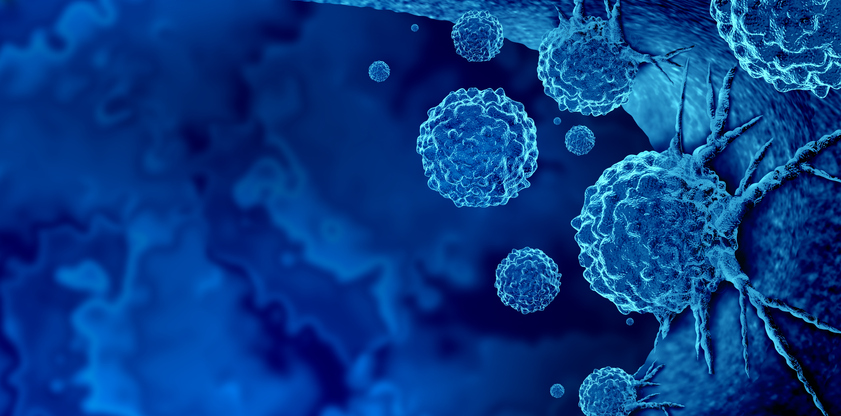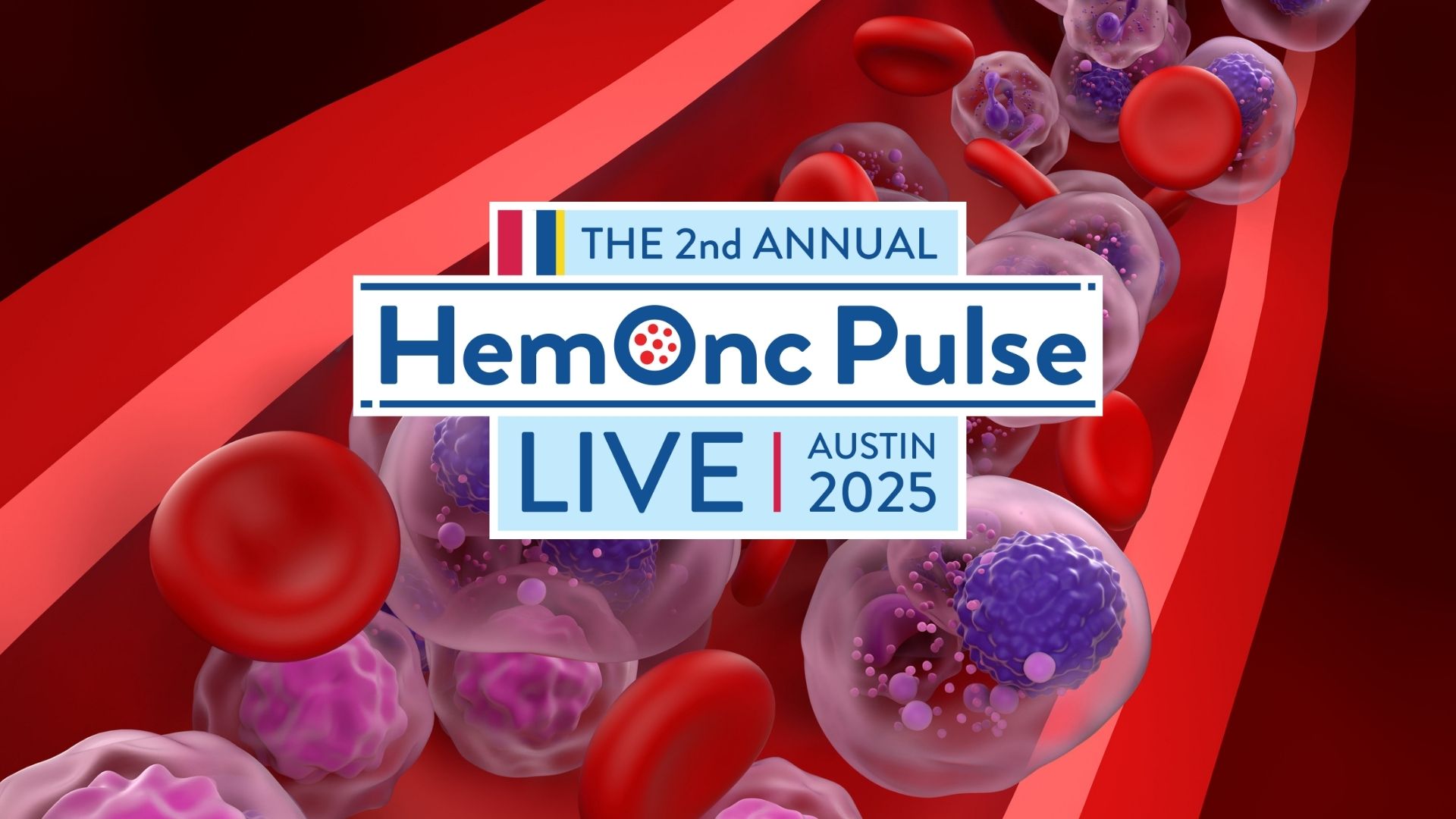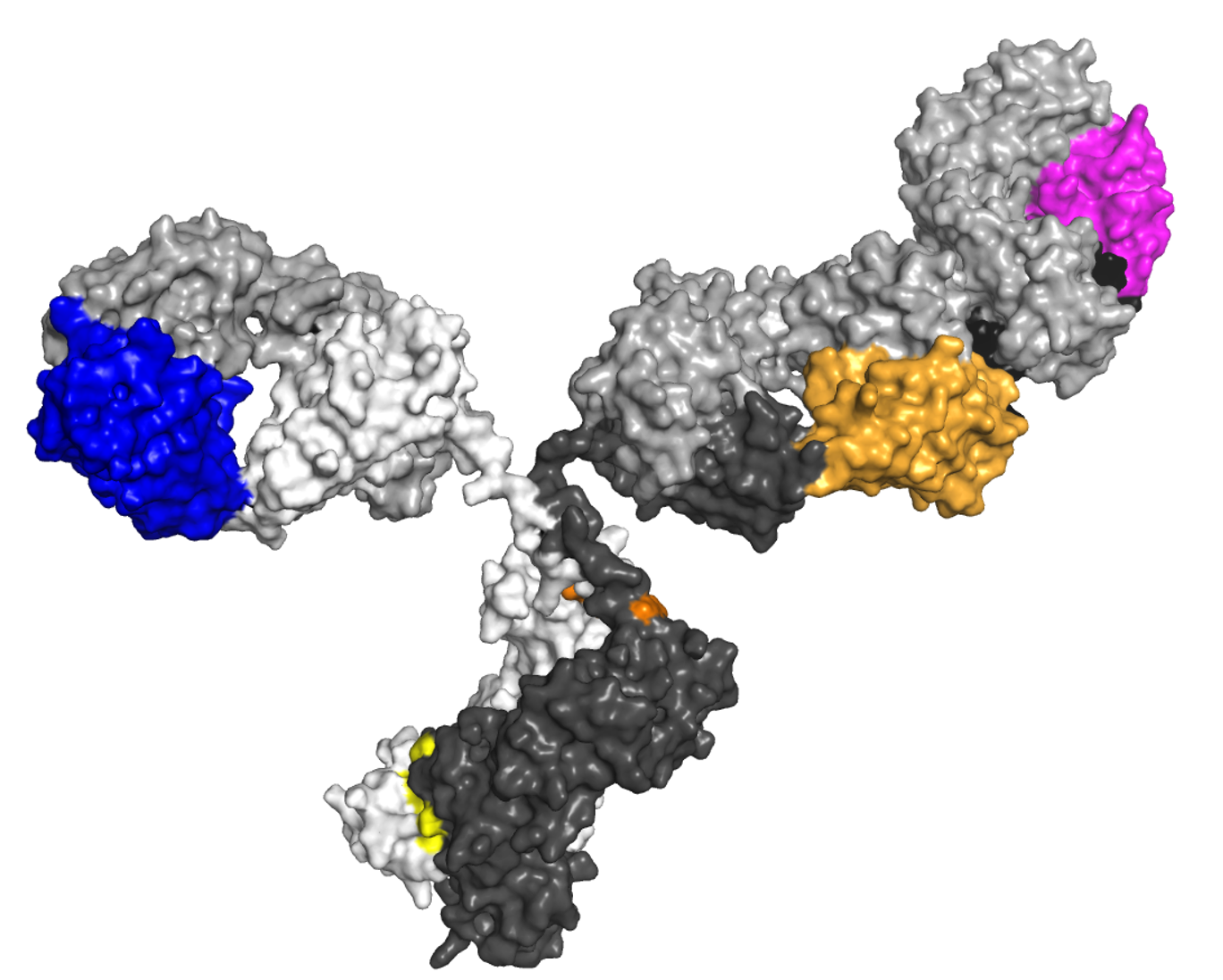
The real-world safety and efficacy of idecabtagene vicleucel, an autologous B-cell maturation antigen (BCMA)-directed chimeric antigen receptor (CAR) T-cell therapy for relapsed/refractory (R/R) multiple myeloma (MM), was comparable with KarMMa clinical trial results, according to research presented at the 19th Annual International Myeloma Society (IMS) Meeting.
Doris Hansen, MD, of the Moffitt Cancer Center, spoke about the research during an oral abstract presentation at IMS.
“The challenge with introducing new therapies such as [idecabtagene vicleucel] is the question of how well it will perform in the real-world setting,” Dr. Hansen said during the IMS conference presentation. “Like other clinical trials, KarMMa trials had very stringent eligibility criteria that may not necessarily represent a real-world patient population and clinical practice. So, we set out to delineate characteristics and real-world outcomes of patients treated with standard-of-care idecabtagene vicleucel.”
The researchers retrospectively gathered data from patients with R/R MM who underwent leukapheresis with the intent to manufacture and receive standard-of-care idecabtagene vicleucel by the end of February 2022. The data was contributed by 11 United States academic centers. A first manufacturing failure was reported in 12 patients (6%), with seven having successful manufacturing upon a second attempt. The definitive manufacturing failure rate was 2.5%.
The researchers analyzed data from 159 patients who were infused by the data cutoff period. Most patients (77%) would have been ineligible for the KarMMa clinical trial that led to U.S. Food and Drug Administration approval of idecabtagene vicleucel. The most common reasons for KarMMa ineligibility were comorbidities (31%), cytopenias (30%), prior use of BMCA-targeted therapy (22%), and Eastern Oncology Group performance status of ≥2 (17%).
“Overall, I’d like to point out that we treated a patient population with more aggressive disease features and a poor performance status,” Dr. Hansen said.
The median progression-free survival (PFS) was 8.9 months, and the median overall survival (OS) was not reached at a median follow-up of 5.3 months. Patients with prior exposure to BCMA-targeted therapy had a median PFS of 5.8 months, compared with nine months in patients who had not received prior BMCA-targeted therapy. The median OS was reached at 7.4 months in patients who had prior exposure to BMCA-targeted therapy.
“Prior use of BCMA-targeted therapy is an independent predictor of inferior outcomes impacting best response of [complete response] or better and progression-free survival,” Dr. Hansen said. “Certainly, we need additional investigation into the association of outcomes with prior response to BCMA-targeted therapy, timing, duration, and direct mechanism of action. High-risk cytogenetics is also associated with an inferior progression-free survival.”
By day 90, 141 patients were evaluable for best overall response rate. The best overall response rate was 82%, with 40% of patients having equal to or greater than a complete response.
Toxicity was “comparable to that seen in KarMMa,” according to Dr. Hansen and colleagues. Cytokine release syndrome was reported in 82% of patients, neurotoxicity was reported in 18% of patients, and infections were reported in 34% of patients. The researchers reported 13% of patients died by the data cutoff, 13 deaths were due to disease progression and eight were attributed to other causes, including three deaths due to COVID-19.
“In conclusion, I’d like to point out that delivery of [idecabtagene vicleucel] is feasible, safe, and efficacious outside of the clinical trial setting,” Dr. Hansen said. “A patient does not need to meet KarMMa clinical trial criteria to benefit from standard-of-care idecabtagene vicleucel for relapsed/refractory multiple myeloma.”
Hansen D, Sidana S, Peres L. et al. Idecabtagene vicleucel chimeric antigen receptor T-cell therapy for relapsed and refractory multiple myeloma: real-world experience. Oral Abstract #004. Presented at the 19th Annual International Myeloma Society Meeting; August 25-27, 2022.






 © 2025 Mashup Media, LLC, a Formedics Property. All Rights Reserved.
© 2025 Mashup Media, LLC, a Formedics Property. All Rights Reserved.